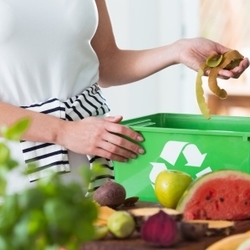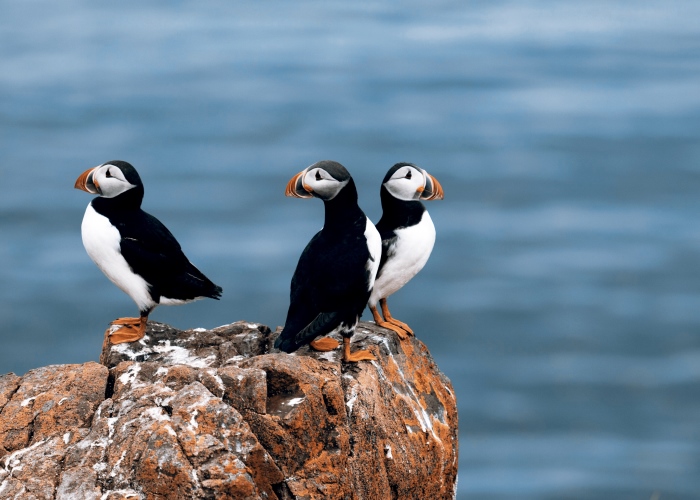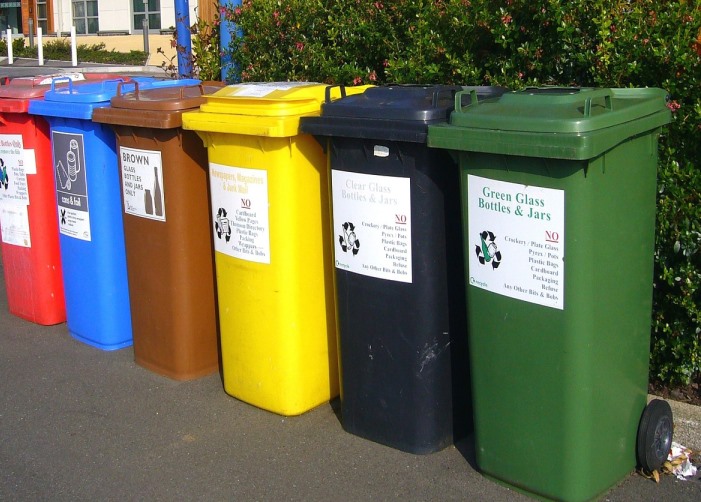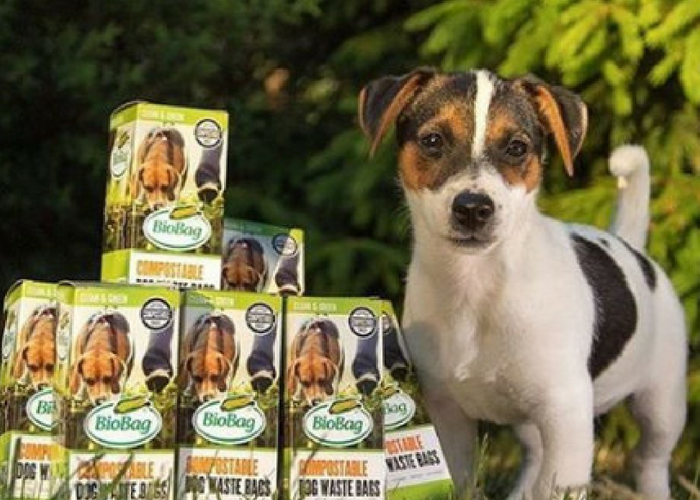Plastic Bags. What’s The Difference Between Biodegradable, Compostable & Degradeable?
Author: Wholesome Hub Date Posted:13 July 2018
[@access_control@] [@article_id@] [@blog_author@] [@blog_content@] [@blog_id@] [@blog_subheader@] [@blog_subject@] [@category_id@] [@category_name@] [@category_ref@] [@category_subheader@] [@ccat_id@] [@compat_id@] [@compat_list_id@] [@compatcat_description@] [@compatcat_description2@] [@compatcat_fullname@] [@compatcat_name@] [@compatcat_ref@] [@content@] [@content_allow_reviews@] [@content_author@] [@content_compatibility_code@] [@content_description1@] [@content_description2@] [@content_description3@] [@content_external_ref1@] [@content_external_ref2@] [@content_external_ref3@] [@content_external_src@] [@content_fullpath@] [@content_id@] [@content_label1@] [@content_label2@] [@content_label3@] [@content_level@] [@content_module@] [@content_name@] [@content_ref@] [@content_short_description1@] [@content_short_description2@] [@content_short_description3@] [@content_type_code@] [@content_type_id@] [@content_type_name@] [@content_wufoo_form@] [@date_posted@] [@date_updated@] [@description@] [@description2@] [@external_ref@] [@gp_restriction@] [@id@] [@name@] [@page_content@] [@page_editor@] [@page_header@] [@page_id@] [@page_index@] [@page_subheader@] [@parent_ccat_id@] [@parent_content_id@] [@parent_id@] [@rating@](CODE) [@rating_decimal@](CODE) [@rating_round_half@](CODE) [@reviews@](CODE) [@short_description@] [@sortorder@] [@subtitle@] [@templatebody@] [@templatefoot@] [@templatehead@] [@templatesearch@] [@thumb@](CODE) [@thumb_alt@](CODE) [@thumb_alt1@](CODE) [@thumb_content_type_id@] [@timestamp@] [@title@] [@url@]

When it comes to plastic rubbish bags, words like “degradable” and “biodegradable” can put us in a false sense of planet friendly security. And what about compostable bags? Find out the difference between all three and which one is the most eco friendly
When it comes to plastics, particularly single use ones, we’re all pretty clued up that we should be avoiding them as much as we can. But faced with words like “degradable” and “biodegradable” we might think that we’re making better choices when we do purchase plastics.
However, these words can be misleading and lead us into a false sense of planet friendly security. Coupled with the word “compostable” things get even more confusing. All three have very different meanings, require different conditions for their correct disposal and have different impacts on the environment.
So let’s get down and dirty and take a look at all three in turn…
Degradable Plastics, Don’t Believe the Hype
Degradable plastic. Sounds great, right? Plastic that degrades, that must mean it’s good for the environment? Sadly, that’s wrong, and big brands have done a good job on selling this ecological dream to us as consumers. Instead, it’s an ecological nightmare.
Degradable means something that breaks down, or rather breaks ‘up’. This means that degradable plastics break up into smaller plastics. And these smaller plastics break up into even smaller plastics and so on. You probably get where I’m going with this… Microplastics. Microplastics are the tiny pieces of plastic that are making their way into the oceans and being mistaken for food by fish, seabirds and other sea creatures.

So although countries around the world are banning so-called microbeads from exfoliating beauty products, microplastics are still ending up in the sea.
Degradable plastics are manufactured to contain special chemicals (sounds fabulously eco, huh?) that make the plastics break down over time. They do not require help from microorganisms (see biodegradable plastics, below) to break down. Instead, these petroleum-based plastics require heat, UV light from the sun and moisture to break up. This process, whereby the chemical bonds within the petroleum weaken, causing the plastic to break into smaller pieces, can take up to five years.
A non-degradable, traditional, plastic bag that doesn't contain these chemicals will still exist in millennia, but as one piece. A degradable plastic bag has actually been designed to break down into microplastics, plastic particles that we can no longer see. But that doesn’t mean they not still there, languishing in the environment, causing havoc. And it’s still not fully understood what the full impact of these so-called ‘oxo-degradable’ microplastics is on the environment.
Biodegradable Plastics - the Same Problem, But Much Quicker!
So we’d be forgiven for thinking that biodegradable plastics were better. Anything with the world bio in it surely must be more ecologically sound? Again, sadly not.
Biodegradable plastic is plastic that also breaks down with the help of its surrounding environment. It requires warmth (it needs to reach around 50°C), UV light from the sun and moisture plus help from microorganisms (bacteria and fungi), usually of the sort that live naturally in the soil. It could take longer than a year for a biodegradable plastic to biodegrade - but biodegrade only means to break down so far, that it’s no longer in large pieces. So, we’re referring to those pesky microplastics again.
And these conditions can be hard to find. Imagine you sent a biodegradable plastic bag to landfill. It might reach 50°C if it were buried under a pile of rubbish on a hot day. But then it wouldn’t be receiving direct sunlight. Handily, they will biodegrade (remember, this only means to break up into microplastics) without the use of oxygen (anaerobically) but this process produces methane. Like carbon dioxide, methane is a greenhouse gas. Both contribute to global warming, methane 21 times more so than carbon dioxide.
A BIODEGRADABLE PLASTIC REACHING THE OCEAN HAS AN EVEN WORSE FATE. IT'S UNLIKELY TO EVER REACH 50°C OR BE KEPT IN DIRECT SUNLIGHT LONG ENOUGH TO BIODEGRADE.
It's far more likely to end up in the stomach of a poor sea creature such as a sea turtle who might mistake our plastic shopping bag for a tasty jellyfish. Tragically, this beautiful but ill-informed creature will probably then die of suffocation, malnutrition due to the inability to eat anything further or a blockage in the gastrointestinal tract.
Therefore the terms degradable and biodegradable cannot be used interchangeably. Biodegradable might be a more natural way of breaking up, but it sure isn't eco or animal friendly.
AND EMERITUS PROFESSOR OF EXPERIMENTAL ECOLOGY AT THE UNIVERSITY OF SYDNEY, TONY UNDERWOOD, IN A REPORT IN THE SYDNEY MORNING HERALD IN APRIL 2016 DESCRIBED BIODEGRADEABLE PLASTIC AS AN "INVISIBLE IDIOT"
He said that it “simply turns into smaller forms of plastic more quickly. It’s not a solution to anything much, unless we’re happy to shift it all into particle sized plastics rather than plastic bag sized plastics”. And we couldn't agree more.
As consumers, it sure does feel like we’ve been sold a lie. The same newspaper report quoted Dr Kathy Townsend, an academic lecturer and marine biologist at the University of Queensland. She’s worried that people are adding to the plastic litter problem by wrongly believing that biodegradable plastic would “degrade and go away”.
She added that “the rapid disintegration of such plastic also makes it available to animals much faster than it would be otherwise”.
So, what can we do instead?
Compostable Plastic Alternatives - The Holy Grail But Only Under the Right Conditions
Aside from ditching plastic bags altogether, compostable bags, also often known as ‘fully biodegradable’ plastic bags could be the answer. Care must be taken to compost them properly, but the future is definitely compostable.
Compostable bags aren’t made from petroleum or oil, so they’re not actually plastic at all. Instead, they’re generally made from plant based materials such as corn or wheat starch. They completely break down to their organic parts with the help of bacteria, fungi, warmth, moisture and oxygen (aerobic breakdown). Eventually, the non-toxic materials can enter the soil and enhance its fertility, meaning that it will better support more plant life.
Home compost heaps usually aren’t at quite the right conditions for a compostable food bag to break down. They generally aren’t large enough, and therefore don’t reach the right temperature for these bags to fully biodegrade. Home compost heaps are great for composting food scraps, but the bags, which need to be robust enough to hold the food in the first place and stop it from leaking all over your kitchen tops, need a little extra help.

At the moment, local councils need to do a bit more to keep up. Some will accept compostable food waste bags, but not all. But the future is at least bright with more commercial composting facilities springing up nationwide.
In the right conditions, compostable plastic bags designed to hold compostable food scraps will fully biodegrade within around six months.
BioBags - the Future of ‘Plastic’ Bags!
Plastics are convenient. They’re not (just) made by Bond villain-esque evil companies because they’re hell bent on destroying the planet whilst making huge profits. They’re easy and light to transport (more so than heavier glass), they don’t break easily (which as a consequence is part of the whole plastic problem!) and won’t leak when holding food or drinks.
(Their safety as a food grade product when they’re full of dangerous, hormone disrupting chemicals such as BPA and phthalates is the subject of a whole different blog post...)
But manufacturers and us as individuals need to make changes, and we need to make them now. There’s a very real risk of there being more plastic by weight than fish and wildlife in our oceans by 2050. And the fact that as fish increasingly consume microplastics, they could be ending up in the human food chain, we all know we need to do more.
Which is why we love and celebrate any brand or company doing things differently out of a love for the planet. And it’s why we love BioBag!
BioBag is a company doing good around the globe, with a branch here in Australia. They produce fully compostable bags with a variety of uses and aim to leave as small a carbon footprint as possible. They manufacture bin liners and rubbish bags, resealable food bags, doggy poop bags and many more, and right now, they’re all made from compostable corn starch.

Corn starch is a carbohydrate that’s made from corn. You may be familiar with it, as it’s also often used in the food industry as a thickener in sauces and soups. And because it’s actually a food stuff, it breaks down into organic plant food that the soil loves. BioBag researched for years to come up with the perfect ‘recipe’ for their bags, which under normal household conditions will last for two years without biodegrading. But once in a compost heap (they generally love commercial compost heaps like the ones run by local councils more than the one you might have at home) they’ll happy start to breakdown.
As well as being compostable, BioBags are free from GMOs and palm oil. You can use them to line regular waste bins as well as food waste bins and for disposing of doggy poop. They even have a range of reusable food bags, ideal for lunches on the go, picnics and for storing leftovers.
Making Better Choices
A plastic bag or bottle is only used for minutes. We have to make the change, for the sake of us now, and future generations. Add compostable bags to your life along with your reusable coffee cup, water bottle and straw and be part of the solution and change!







